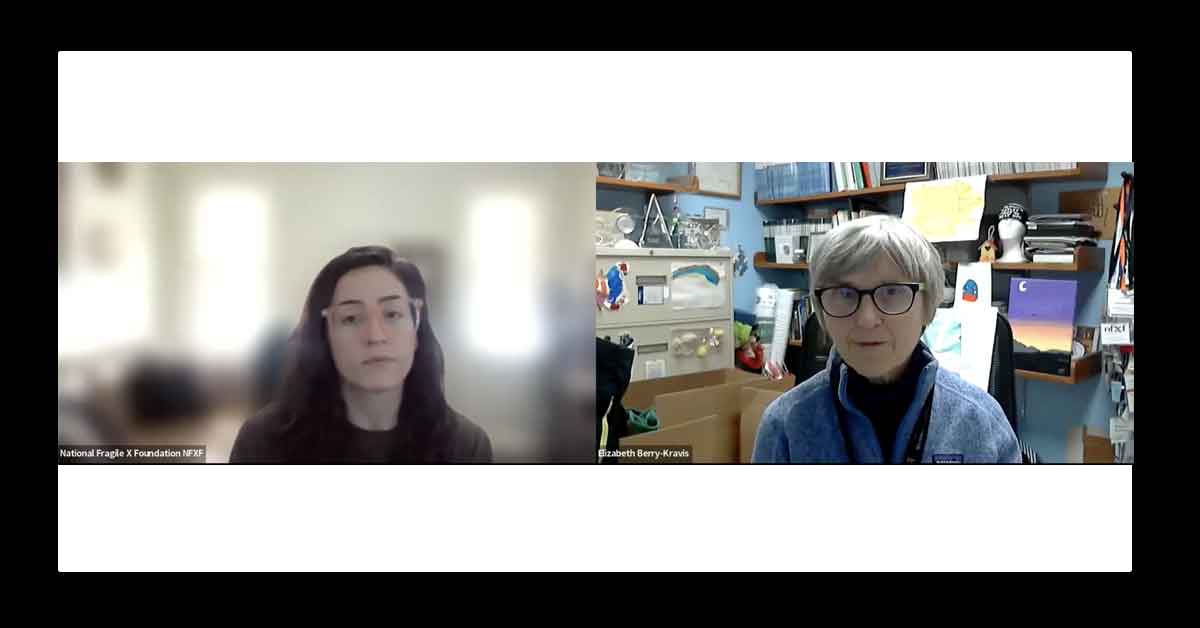1. Microstates as a Proxy for Disruptions in Fragile X Cognitive-Specific Functional Neural Networks
With Jordan Norris
Current treatments for Fragile X syndrome only target psychiatric features (such as anxiety and irritability), partially due to poor mechanistic insight into underlying neural mechanisms of other core FXS symptoms, especially cognitive impairment. Recent work in FXS looking at microstates from electroencephalography (EEG) data (transient, quasi-stable spatial patterns of brain activity measured across the whole head) found specific microstates correspond to cognitive disruptions and lower IQ. The current project found evidence that microstate differences between FXS and controls may represent disruptions to underlying functional networks which may be associated with distinct cognitive and behavioral features of FXS.
Recording: 0:00-17:46
2. Dual Intravenous and Intracerebroventricular Administration of AAV-hFMR1 Vector Results in Broad Brain Biodistribution and Rescue of Fragile X Phenotype in FMR1 KO Mice K
With Richard Kyle Lacher
Fragile X Syndrome is the most common single-gene form of autism spectrum disorder and intellectual disability. FXS is caused by insufficient levels of a protein called FMRP. This study aimed to assess the functionality of a viral-mediated gene replacement therapy in increasing functional FMRP levels and rescuing FXS phenotype in mice. Our results showed successful gene transduction across several brain regions and rescue of several behavioral and EEG phenotypes associated with FXS. Overall, these findings show gene replacement with AAV-hFMR1 is a promising strategy for the treatment of Fragile X syndrome.
Recording: 18:03-38:21
3. Long Read Sequencing of the FMR1 Gene: The Molecular Genetic Underpinning of Variation in FMRP Expression
With Craig Erickson
Since we have demonstrated that only one in three boys and men with Fragile X syndrome express zero Fragile X messenger ribonucleoprotein (FMRP), we utilized the newest generation in genetic testing to study the FMR1 gene in about 100 people with FXS. We will evaluate precise methylation and CGG repeat information to determine why so much variation in FMRP expression exists in Fragile X. We propose that the future of FXS genetic testing may need to move to newer generation DNA sequencing technology.
Recording: 39:00-57:30







